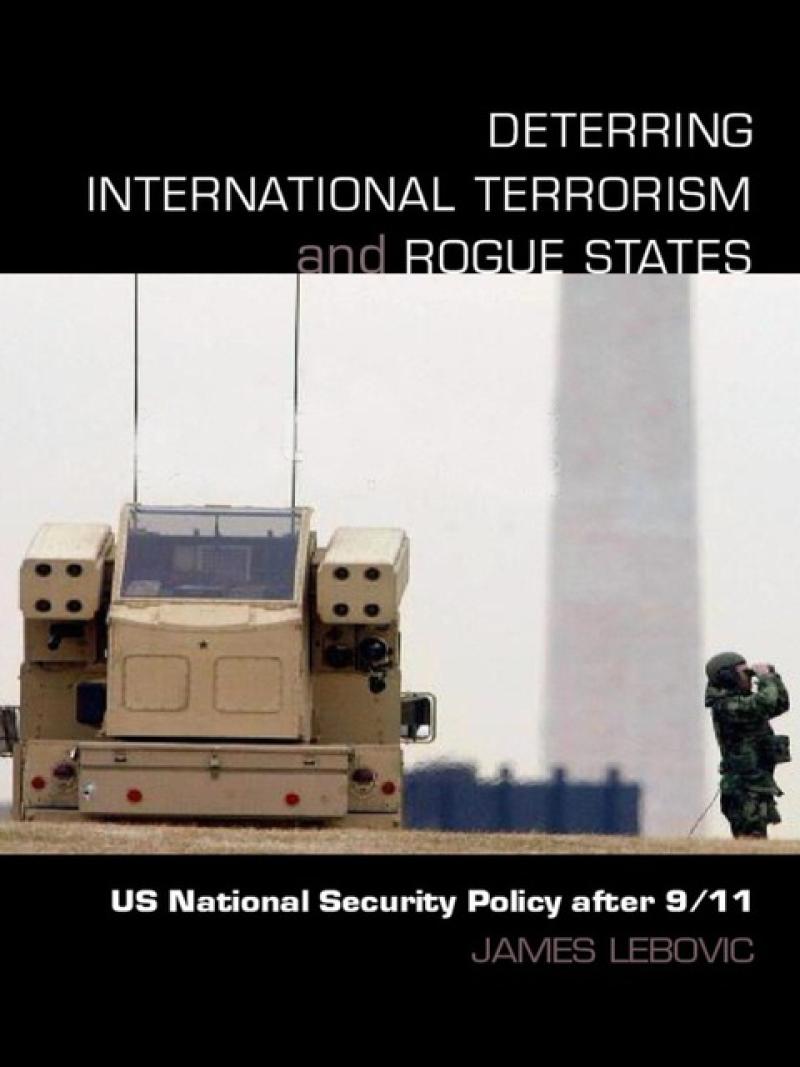This new study challenges the widely held view that many current US adversaries cannot be deterred, maintaining that deterrence is not a relic of the Cold War period and that it should shape US policies toward so-called ‘rogue states’ and terror groups. James Lebovic argues that deterrence principles continue to apply, and focuses upon the ‘three pillars’ of the Bush administration’s national security policy: missile defence, which preoccupied the administration until September 11, 2001 pre-emption, which became the US focus with the September 11 attacks and US success in overthrowing the Taliban regime in Afghanistan homeland security, which the administration has portrayed as more a natural response to threat than an aspect of policy that must be reconciled with the other pillars. Deterring International Terrorism and Rogue States asserts that bad offences and defences have been endemic to the current US policy approach, leading US policy makers to pursue policies that require them to do everything without adequate concern for resource trade-offs, overreach, and unintended consequences. This book will be of great interest to students of US foreign policy, national and international security, terrorism and international relations in general.
Les mer
Produktdetaljer
ISBN
9781135983581
Utgave
1. utgave
Utgiver
Vendor
Routledge
Språk
Product language
Engelsk
Format
Product format
Digital bok
Forfatter
